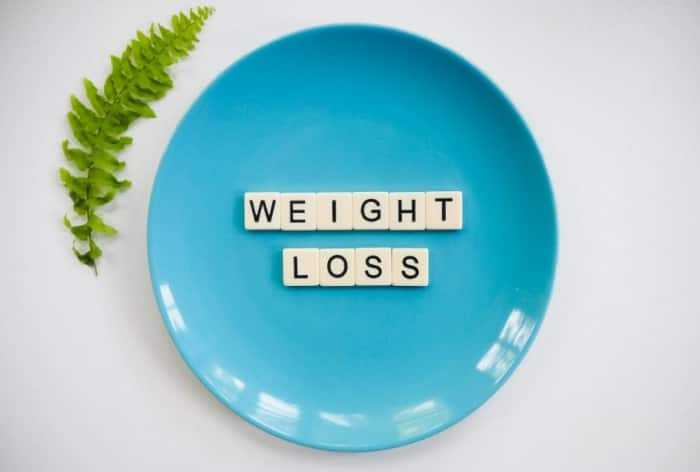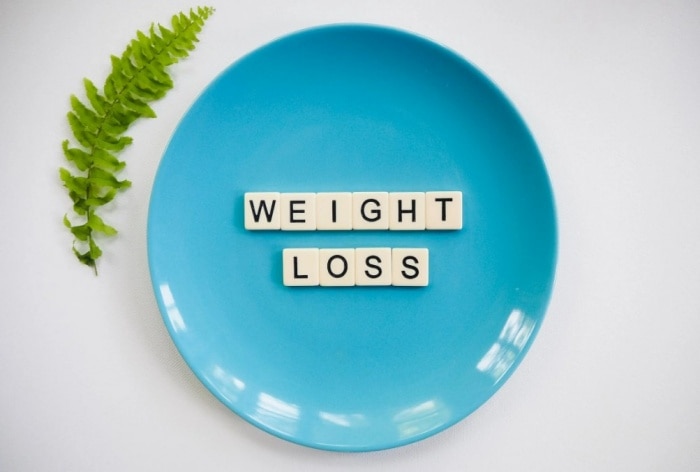The imbalance in thyroid hormones may pose a challenge when it comes to weight loss. During this thyroid awareness month, let us look at some important tips to lose weight with the condition.

Weight Loss with Thyroid: January is marked as the thyroid awareness month. Thyroid glands are little butterfly-shaped glands that help regulate metabolic rate, growth, body development and several other key functions inside the body. It secret hormones that drive this chemical reaction. However, a change in these glands leads to hypothyroidism or hyperthyroidism. And yes, it may be a bit of a challenge to lose weight while managing thyroid due to certain lifestyle and diet restrictions.
So, how do people with thyroid lose weight and burn calories? Here are few must-know tips to manage underactive thyroid (hypothyroidism) and shed extra fat.
WEIGHT LOSS WITH THYROID: 5 THINGS TO KNOW AND SHED FAT
- Engage in Regular Physical Activity: Regular exercise can help boost your metabolism, support weight loss, and improve overall thyroid function. Incorporate both cardiovascular exercises (such as brisk walking, cycling, or swimming) and strength training exercises (using weights or resistance bands) into your routine. Consult with your healthcare provider before starting any exercise program to ensure it is appropriate for your condition.
- Optimise Thyroid Medication: Ensure that you are taking the appropriate dose of thyroid medication as prescribed by your healthcare provider. Properly managing your thyroid hormone levels can help optimize your metabolism and support weight management efforts.
- Focus on a Balanced Diet: Emphasize a balanced and nutrient-dense diet that supports overall health and weight loss. Include a variety of fruits, vegetables, whole grains, lean proteins, and healthy fats in your meals. Consider incorporating foods rich in iodine, selenium, and zinc, as these nutrients are important for thyroid function.
- Stress Management: Chronic stress can impact weight management efforts and thyroid function. Incorporate stress management techniques such as meditation, deep breathing exercises, yoga, or hobbies that help you relax and unwind. Prioritize self-care activities and ensure you get enough restorative sleep.
- Monitor Portion Sizes and Caloric Intake: Pay attention to portion sizes and be mindful of your overall caloric intake. Hypothyroidism can slow down metabolism, so it may be necessary to consume fewer calories to create a calorie deficit for weight loss. However, it’s important not to excessively restrict calories, as this can negatively impact your energy levels and overall well-being.
It’s crucial to work closely with a healthcare professional, such as an endocrinologist or registered dietitian, who specializes in thyroid disorders. Weight loss may take longer for individuals with thyroid conditions. Stay consistent with your treatment plan, medication, and lifestyle modifications. Accept that progress may be gradual and focus on sustainable changes rather than quick fixes. Celebrate non-scale victories such as increased energy, improved mood, and enhanced overall health. Regularly monitor your progress and work closely with your healthcare provider to adjust treatment if necessary. Measure weight loss success not only by numbers on the scale but also by improvements in overall health markers and well-being.

